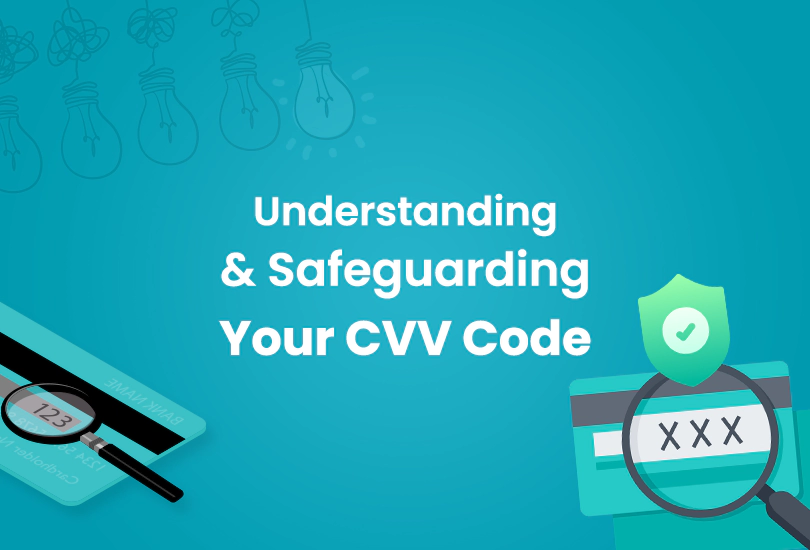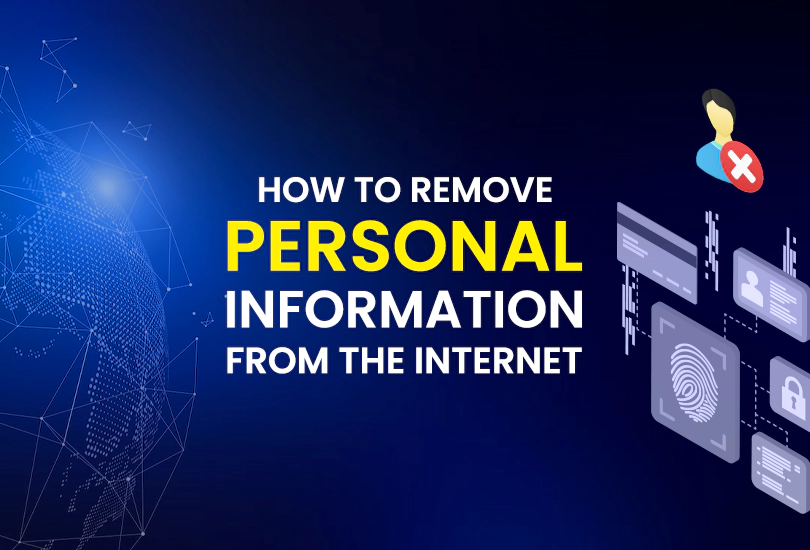Have you ever experienced ads pop up while exploring the internet? Ads are usually based on our interests and what we talk about. If you have faced the situation, you must be aware of the targeted ads. However, while watching those ads, you must wonder how the advertisers are aware of our tastes and provide personalized ads.
Social media platforms and Google are the biggest culprits as they help these advertisers offer personalized ads and content by tracking your data and online behavior. Our online behavior is constantly being monitored through various methods that we are unaware of, which results in targeted advertisements. However, these customized advertisements can significantly impact our data privacy.
In this blog, you will explore targeted advertising and what data about you is collected to offer you personalized content. You will further explore how to protect yourself from targeted ads, as they are crucial to your data security.
What is Targeted Advertising?
Targeted ads are one of the most used methods by marketers in the digital age. In this way, the advertisers market to present ads to consumers based on their personal traits, preferences, and shopping behavior. The advertisers buy your data through third-party apps to offer them content that is precisely about what they want to see or even buy.
The advertisers use customer data to segment audiences through certain factors like demographics, shopping interests, or online behavior and then come up with unique advertisements that cater to each target segment.
However, companies tend to prefer targeted advertising over general advertising. This is because targeted ads are placed in a way that is designed to reach a specific audience based on their past behavior and other personal data. As a result, they are more effective than general ads.
Furthermore, you must have experienced that when you search for something you need, all your apps start showing you ads that are exactly about what you want to buy, and sometimes, it helps in your research process and making an informed choice. For a better understanding, let’s dive into the most common types of targeted advertising.
Common Types of Targeted Advertisements
Targeted or personalized advertising is beneficial for both the marketers and the consumers. Marketers create awareness for their targeted audience, and consumers are interested in searching for them. On the other hand, it helps consumers with personalized ads based on their behavioral characteristics and simplifies their search process by showing them relevant ads.
However, these targeted ads are created and shown through your data and behavior tracking. This is not a good sign for your data privacy and online security, but before finding preventive measures, explore its types.
Contextual Targeting
Contextual targeting helps marketers place ads alongside other content related to the current advertisements or in the context of the present one. Instead of placing ads in the wrong place, contextual targeting creates a more integrated experience for customers and advertisers and enhances the brand reach.
For instance, you see an advertisement about digital privacy, and automatically, it will show you tools specifically designed for your online privacy, like a VPN. This is what contextual targeting is about.
Social Media Targeting
Social media has become a necessity of the modern age. Almost every person is using social media for different purposes. Due to its accessive usage, people share their details like age, gender, location, and other data on social media, and it helps marketers create targeted ads based on these characteristics.
Marketers extensively use social media targeting because people prefer buying from e-commerce websites and social media platforms to avoid visiting the stores in person.
Behavioral Targeting
Behavior targeting is generally based on the online behavior of customers. The marketers create an online customer profile based on search history, buying history, and frequently searched websites. By using these factors, they target their customers, creating an advertisement that aligns with their behavior so that they make a purchase.
Retargeting
Retargeting refers to targeting the customer who has ever shown interest or visited your e-commerce website. The advertisers show the targeted ads about the products they have previously searched for or are interested in buying. As customers, we visit certain websites but do not buy anything, so these advertisements act as reminders for the customers to complete their purchases.
Targeted advertisement has become common as all marketing campaigns and online marketing are based on that. However, we must clearly understand what data and how our personal information is collected and used in the digitally evolving landscape.
What Data Does Targeted Advertising Use?
Targeted advertising totally works on analyzing consumer data and behavior. Advertisers and marketers collect so much of your personal data just to provide a personalized experience.
However, this collected information can be used for cyber threats or identity theft. This is why consumers are always shaky regarding personal data tracking and storing. Let’s explore what data the advertisers use to create the targeted advertising before further moving toward the ways:
- Location
- Browsing Habits
- Buying Behavior
- Website Activity
- Personally Identifiable Information
Advertisers collect this information through website cookies that developers add to the website to track the online behavior of the website visitors to sell this information to third parties to earn revenues.
If you are worried about data tracking, you must seek ways to protect your information while exploring the internet. On every website we visit, we leave our digital footprints that are tracked and used to create targeted advertising.
Ways to Protect Yourself From Targeted Advertising
If you are uncomfortable with data tracking and don’t want your information used for advertising purposes, discovering ways to protect yourself from targeted advertising is essential. Fortunately, you can protect yourself from targeted advertising with the below ways.
Get a VPN
If you want to protect yourself from targeted advertising, a VPN can help. A VPN does not hide all the ads but won’t show targeted or personalized content. A reliable VPN also protects you from third parties by encrypting your data with unique features.
Moreover, it conceals your actual location, which means protecting yourself from geotargeting. If you browse the internet with a secure VPN, it makes it harder for advertisers to know what you are viewing and interested in. Therefore, using a VPN is ideal to avoid targeted advertising and browse the internet securely without worrying about ISP or third-party tracking.
Use a Private Search-Engine
Public search engines like Google are one of the primary reasons behind this targeted advertising. From your name to your behavior, google knows everything about you. Additionally, Google sells your data to these advertisers for a customized experience.
To enhance your online privacy, consider using a private search engine. Private search engines don’t track your searches or store personal information, and they are made to prioritize user privacy and keep your online activities confidential.
Clear Cookies and History
Clearing cookies means deleting all the information that is stored for any reason. Most advertisers get your personal data through website cookies and use that information to create a personalized user experience.
Furthermore, clearing cookies is entirety in your hands, and it is one of the effective ways to protect yourself from targeted advertising. So, always clear your cookies from your browser’s settings, privacy, and security options. This saves you from targeted advertising and protects you from third-party cookies.
Use Ad-Blocker
Ad-blocker helps you block targeted ads and prevent annoying and unwanted ads while enjoying your preferred content. Unfortunately, ad blockers are available as browsers are extensive, and they block all the ads, even the ads you might find useful for your consumption decisions.
However, some secure VPNs have an ad-blocker feature that will also protect you from any type of targeted advertising. The ad blocker not only blocks the targeted ads but also adds an extra layer to your private data protection.
Limit Sharing of Personal Information
To avoid targeted ads, it is essential to be mindful while sharing your personal information on any website or social media platform. The more information about you is available on the internet, the more personalized ads you will have. Therefore, always share your details on authentic websites and avoid sharing too much of your personal information.
Final Thoughts
Targeted advertising is helpful but clearly questions user privacy by storing personal information. And privacy-conscious people won’t be happy about it. Your personal information can be used for any fraudulent activity or may lead to identity theft. Therefore, OysterVPN encrypts your data and protects your online activities from spying eyes. Get OysterVPN and take control of your digital life!







